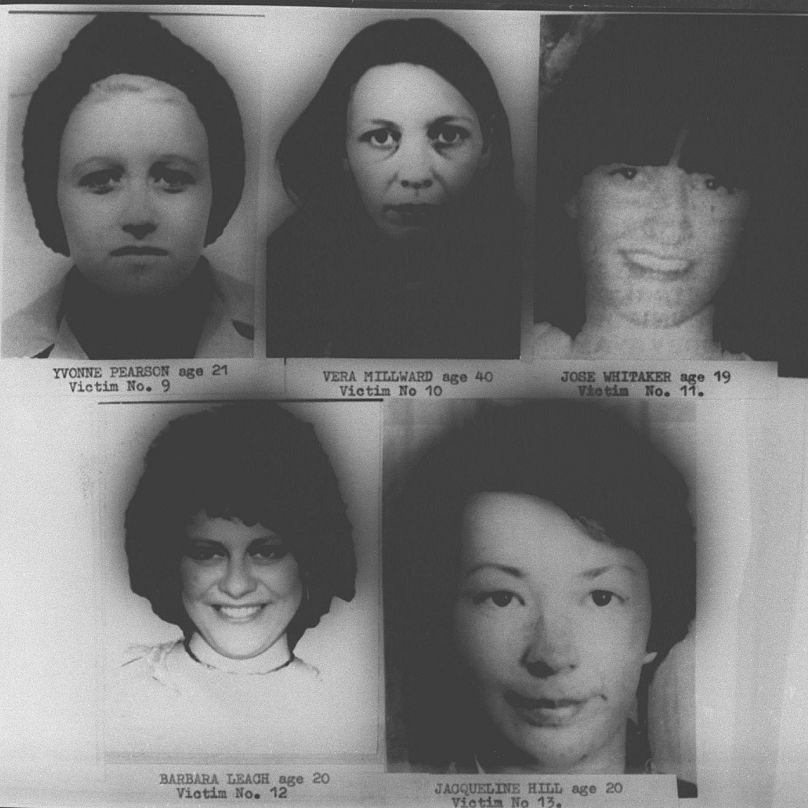Sutcliffe was one of Britain's most notorious criminals and his murderous rampage during that period mesmerised the country amid a massive police manhunt.
The British serial killer Peter Sutcliffe, who was widely known as the “Yorkshire Ripper" over his murders of women in the 1970s, has died in hospital.
Britain’s Prison Service says the 74-year-old had tested positive for COVID-19 and was suffering from underlying health conditions. His cause of death will be investigated by the coroner.
Sutcliffe was serving a life sentence after being convicted of murdering 13 women in northern England between 1975 and 1980, and attempting to murder seven others.
The killer was one of Britain's most notorious criminals and his murderous rampage during that period mesmerised the country amid a massive police manhunt.
Flawed manhunt that gripped the country
Sutcliffe's nickname derived from the way he mutilated his victims' bodies using hammers, knives and screwdrivers.
The barbarity of his crimes was compounded by the incompetence of the police investigation, whose series of errors allowed him to evade arrest and keep on killing.
Though interviewed nine times, Sutcliffe was only caught by chance after being found with a prostitute in his car in early 1981.
The manhunt for the Ripper was one of the biggest Britain had ever known, with some 2.5 million staffing hours spent trying to catch him. In a pre-computer age, the sheer volume of paper evidence gathered meant the floor of a police incident room had to be reinforced.
A subsequent report into the investigation found that the inability of the police to deal with the avalanche of paperwork resulted in a failure to connect vital pieces of information. It led to major changes in police practice, including improvements in data sharing between forces.
Futile search for 'Wearside Jack'
Detectives were also sidetracked by a hoaxer who sent letters and an audiotape claiming to be the killer. For over a year police searched in vain for "Wearside Jack", wrongly deducing from his accent that the killer came from the Sunderland area of northeastern England. The culprit was later caught and jailed.
A mistaken belief that the killer only targeted prostitutes meant that other victims were not linked to him, causing further delay.
Who was the Yorkshire Ripper?
As a young man, Peter Sutcliffe did a succession of menial jobs including working as a gravedigger. His attacks on women began in 1969, six years before Wilma McCann became his first murder victim in 1975.
He was married in 1974 and later worked as a lorry driver.
Three years after he was convicted in 1981, Sutcliffe was sent to Broadmoor, a high-security psychiatric hospital following a diagnosis for paranoid shizophrenia. He was transferred to Frankland prison in 2016 after being deemed stable enough to serve time in prison.
“HMP Frankland prisoner Peter Coonan (born Sutcliffe) died in hospital on November 13. The Prisons and Probation Ombudsman has been informed,” the service said in a statement.












